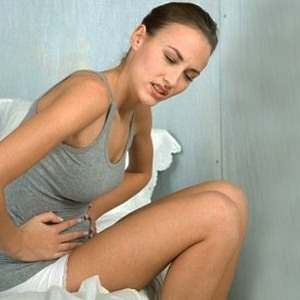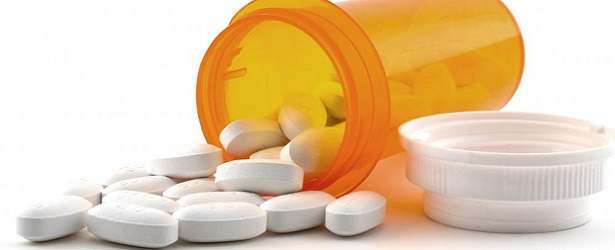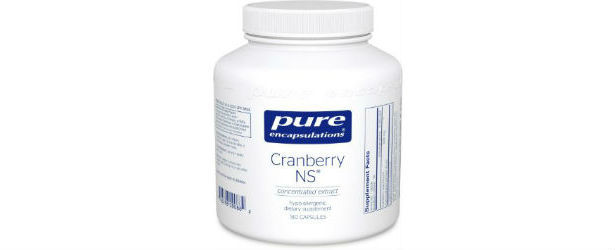
Cystitis
The infection Cystitis occurs when the bladder gets inflamed. It happens when bacteria enter your bladder through your urethra, the tube that carries urine out of your body. Cystitis is a common type of lower urinary tract infection. Your urinary tract consists of your kidneys, two ureters, the tubes that connect each kidney to your bladder, your bladder and your urethra.
Cystitis is caused by a bacterial infection that can be caused by a variety of sources and may also be triggered by having sex. It’s most common in women, but it can affect men and young children too. Doctors believe it’s less common in men because they have longer urethras and bacteria have further to travel to reach the bladder. Up to 4 in 10 women will have a bout of cystitis at some point in their lifetime.
Symptoms
- pain when you pass urine
- a frequent, urgent need to urinate, but you only pass small amounts of urine or no urine at all
- cloudy, dark or strong smelling urine
- blood in your urine
- pain during sex
- pain in your lower abdomen or lower back
- feeling tired or generally unwell
- mild fever
Overall, the symptoms of cystitis are similar for men and women. Some children may develop a fever, have a reduced appetite and may have bouts of vomiting. Young children may feel unwell but have no other symptoms, so if your child has a fever or you think he or she might have cystitis, contact a doctor for advice. It’s important to seek medical attention as soon as possible because these symptoms may be caused by other, more serious conditions.
Diagnosis
 Cystitis usually clears up on its own. However, if are experiencing the symptoms of cystitis, it’s a good idea to consult a doctor. If your symptoms get worse or don’t improve within two to three days, contact your doctor for advice. He or she will be able to rule out any other conditions that could be causing your symptoms. Your doctor will ask about your symptoms and examine you and may also ask you about your medical history. A sample of your urine might be tested using a ‘dipstick’. Depending on the results, a sample of your urine may be sent to a laboratory for further tests.
Cystitis usually clears up on its own. However, if are experiencing the symptoms of cystitis, it’s a good idea to consult a doctor. If your symptoms get worse or don’t improve within two to three days, contact your doctor for advice. He or she will be able to rule out any other conditions that could be causing your symptoms. Your doctor will ask about your symptoms and examine you and may also ask you about your medical history. A sample of your urine might be tested using a ‘dipstick’. Depending on the results, a sample of your urine may be sent to a laboratory for further tests.
You can sometimes have cystitis but have no symptoms which is particularly common if you’re older. Your cystitis may only be discovered when you have a urine test for other reasons, or you develop a kidney infection or fever.
Treatment
Cystitis usually clears up by itself without the need for treatment. However, there are several things that you can do to reduce the symptoms and feel better.
Taking over-the-counter painkillers, such as paracetamol and ibuprofen, may help ease the pain. They may also help if you have a fever or a temperature.
Increase how much water you drink to help flush out the infection.
Placing a warm hot water bottle on your lower back can help soothe any discomfort in this area.
Try to rest as much as possible.
If the symptoms continue for longer than two to three days, consult a doctor. He or she may prescribe antibiotics to reduce the symptoms and get rid of the infection.
TOP 5
URINARY TRACT INFECTIONTreatments |
|||||
| UTI Clear | Urizol | Native Remedies UTI-Clear | Nutrition Depot Urinary Tract Support | Pure Encapsulations Cranberry NS | |
|---|---|---|---|---|---|
| 1 | 2 | 3 | 4 | 5 | |
| Price (1 bottle) Price (6 bottles) Best Value |
$49.95 $139.80 |
$47.95 $287.70 |
$29.95 $179.70 |
$30.00 $180.00 |
$27.00 $162.00 |
| Overall Rating | 99.30% | 77.0% | 72.50% | 63.20% | 61.50% |
| Effectiveness |





|





|





|





|





|
| Speed of Results | Extremely Fast | Good | Average | Slow | Slow |
| Quality of Ingredients | Premium | Good | Average | Average | Average |
| Customer Satisfaction Evaluation | 99.40% | 76.50% | 74.20% | 67.10% | 60.5% |
| Safety Evaluation | Safe for Use | Safe for Use | Safe for Use | Safe for Use | Safe for Use |
| Customer Service Rating |





|





|





|





|





|
| Reorder Rate | Highest | Good | Good | Average | Average |
| Return Policy | Risk Free | Risk Free | Good | Unopened & Restocking Fee | 30 Days + Fee |
| Success Rate | 99.60% | 78.30% | 74% | 71.10% | 68.50% |

 Subscribe Now
Subscribe Now










